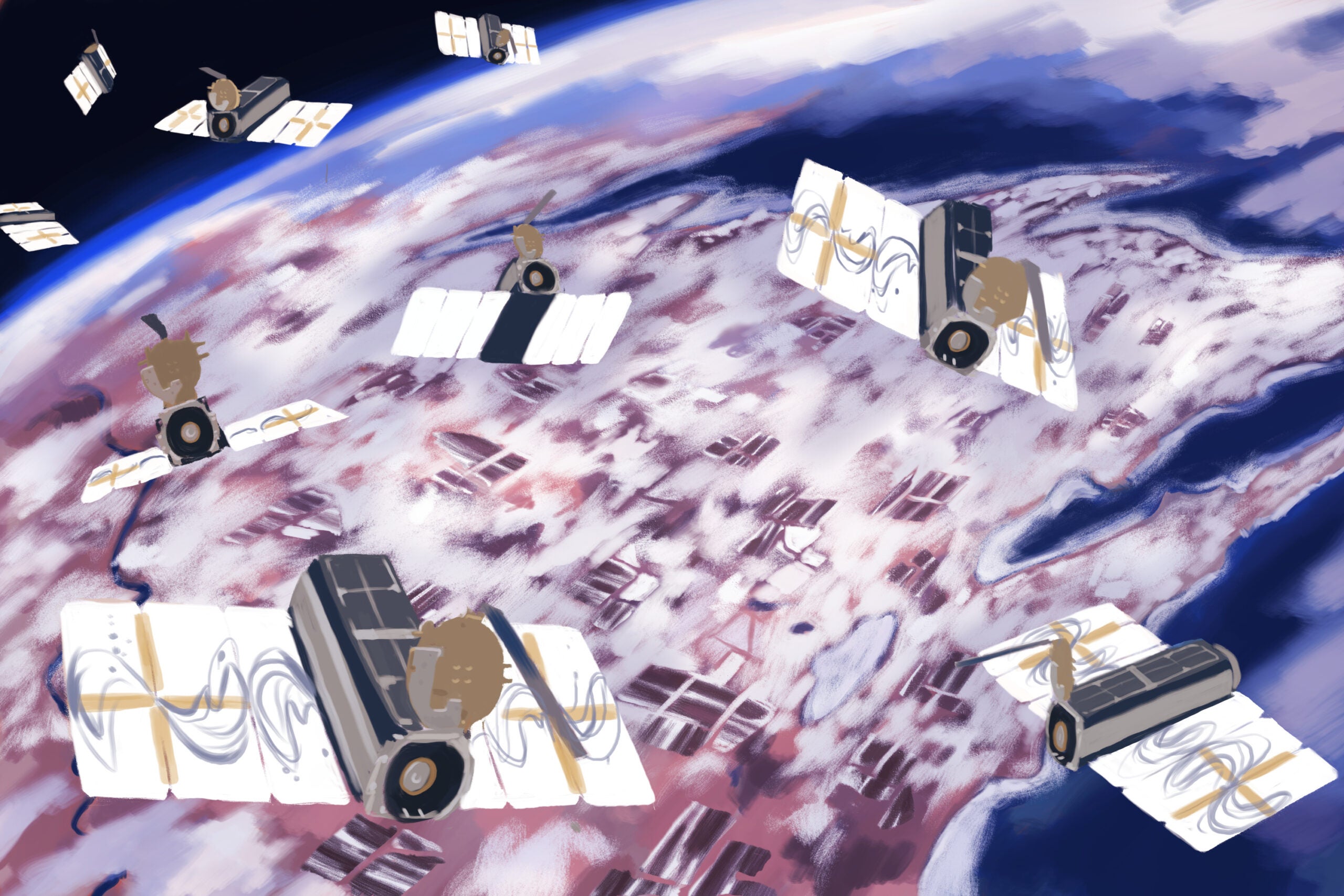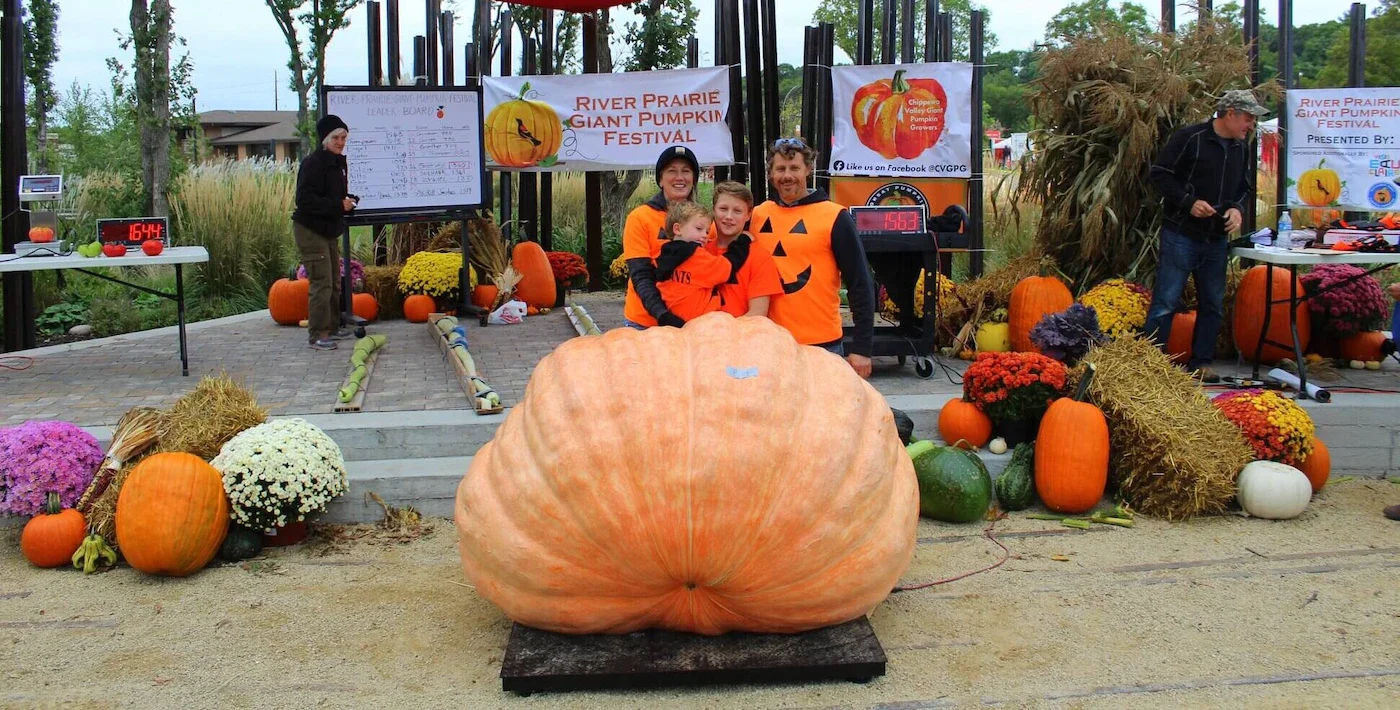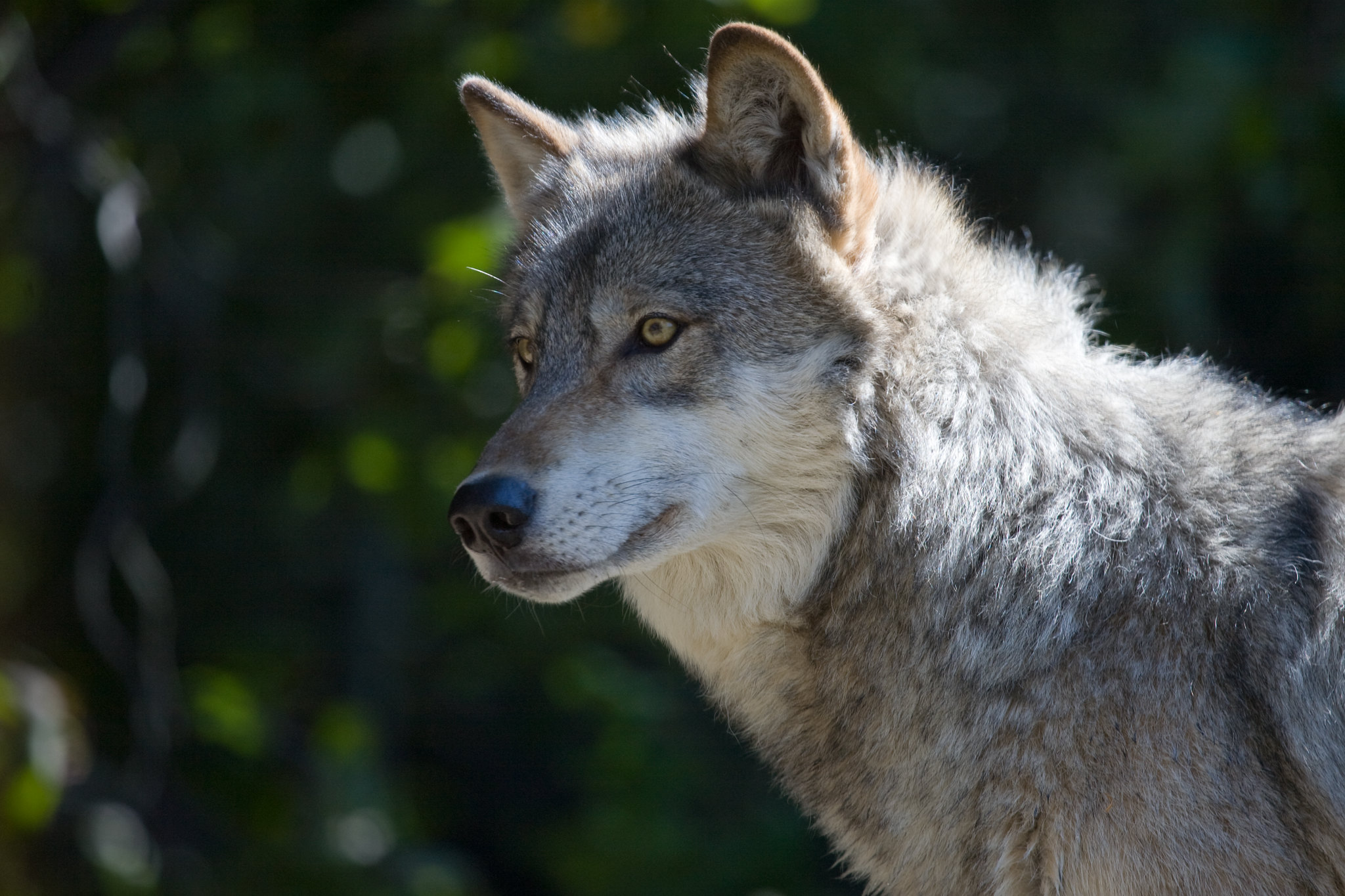Farmers, food activists and scientists gathered on the University of Wisconsin-Madison campus on Thursday promoting seeds that anyone can grow and breed without restriction.
The Open Source Seed Initiative is like open source computer software: The idea is to share, no strings attached.
At the chilly outdoor rally on Thursday, 50 people each received their choice of new vegetable or grain varieties. Before they left with the seeds, they made a pledge that began: “By opening this packet, you pledge that you will not restrict other’s use of these seeds by patents, licenses or any other means.”
Stay informed on the latest news
Sign up for WPR’s email newsletter.
Tom Sterns led the pledge. He sells organic seeds in Vermont and has supported the Open Source Seed Initiative, which attracts a lot of seed breeders and academics. Sterns says commercial seed sellers like himself also want to assure that the genetic diversity of plants is as wide as possible. He says it’s not just farmer’s crop seeds that get patented; increasingly, it’s garden seeds.
“We have this threat through intellectual property of them being locked up and not available to be used,” said Sterns.
UW environmental sociology professor Jack Kloppenburg and horticulture professor Irwin Goldman helped organize the campaign. Kloppenburg says big agricultural giants that patent their seeds do promote diversity, to a point.
“They may, if it’s profitable,” said Kloppenburg. “And there’s the issue, is that the seed terrain is so dominated now by a narrow range of companies.”
He says seed diversity is needed to successfully grow all kinds of food and agricultural products – not just corn, soy, and cotton.
Wisconsin Public Radio, © Copyright 2024, Board of Regents of the University of Wisconsin System and Wisconsin Educational Communications Board.





